Search: CEC
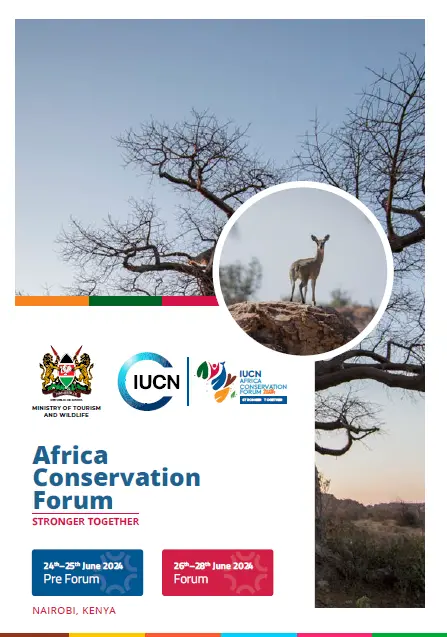
Brochure | 2024
IUCN Africa Conservation Forum 2024
African Solutions for Nature and People: Creating transformative responses to the biodiversity and climate crisis in Africa.
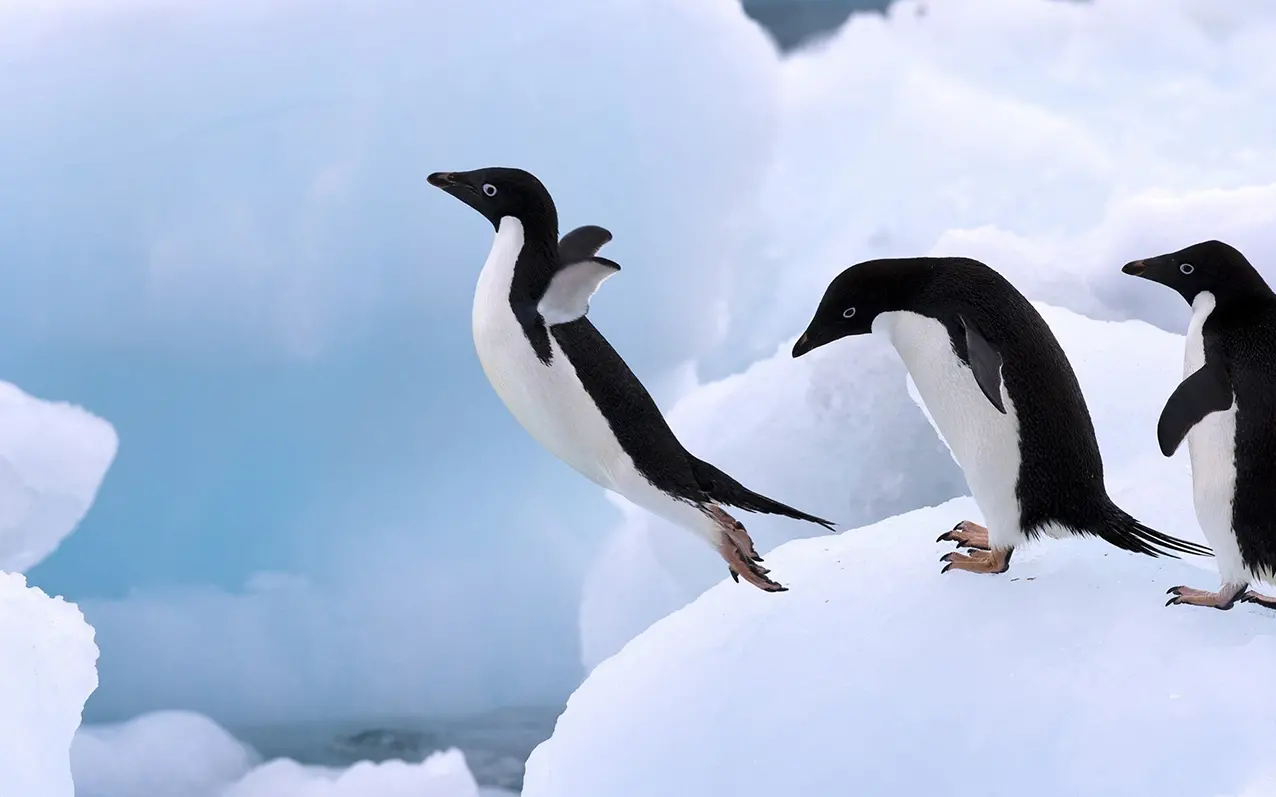
News | 26 Jun, 2023
Who is assigned to protect Antarctic ecosystems and their famous fauna? Latest news
The body responsible for the protection of Antarctica’s precious life, The Commission for the Conservation of Antarctic Marine Living Resources (CCAMLR), has just completed a special meeting in Santiago, Chile. IUCN participated as an observer promoting independent science and urging delegates…
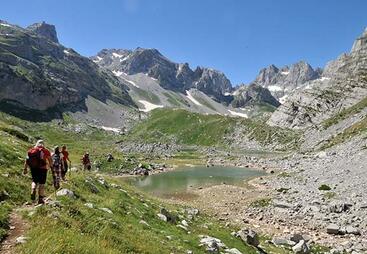
Page | 04 Feb, 2022
Tourism and sports are key economic sectors that can foster conservation and people’s connection to nature. In addition, both tourism and sports depend on a healthy environment and provide an opportunity to champion sustainability. While these topics are inter-linked, IUCN collaborates closely…

Page | 04 Feb, 2022
Species are the fundamental components of biodiversity and we rely on their survival for our own existence. However, our current biodiversity crisis is so severe that conservation activities are essential for the survival of many different species. From in situ and ex situ species recovery…
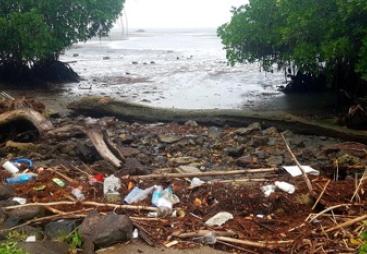
Page | 04 Feb, 2022
Every year, millions of tons of plastic end up in our ocean and rivers. However, plastics are only one type of pollution driving the decline in the health of our global ocean. The ocean is also threatened by eutrophication (nutrient load), sediment load, light pollution, marine resource…
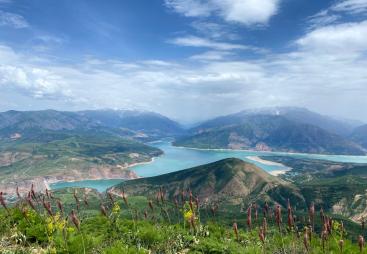

Page | 04 Feb, 2022
Nature-based Solutions for cities
Rapid urbanisation is placing mounting pressure on the ecosphere but carries promises of renewal - an opportunity to reimagine the built environment and, by extension, our very civilisation. Nature-based solutions can help cities to realise this opportunity.

Page | 04 Feb, 2022
IUCN is the foremost authority for the classification, monitoring and conservation of endangered species worldwide. The Global Marine and Polar Programme (GMPP) supports the work of the Species Survival Commission for all issues threatening the conservation status of marine species.
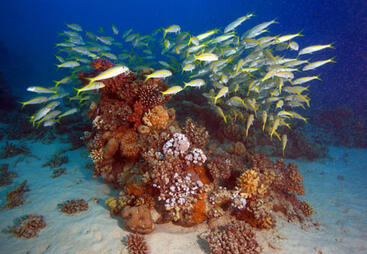
Page | 04 Feb, 2022
In partnership with the Marine team of the World Commission on Protected Areas (WCPA), IUCN's role is to inspire, inform and enable people to protect Planet Ocean by promoting the establishment of a global, representative system of effectively managed Marine Protected Areas…
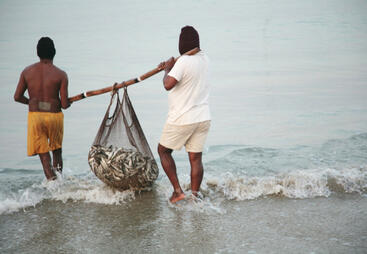
Page | 04 Feb, 2022
Livelihoods and sustainable use
As the human population grows, the survival of many species is threatened by overexploitation for food, medicines and cultural uses. Likewise, the livelihoods of rural communities who live with and alongside wildlife count on it as a real or potential asset to support their necessities of life.…
